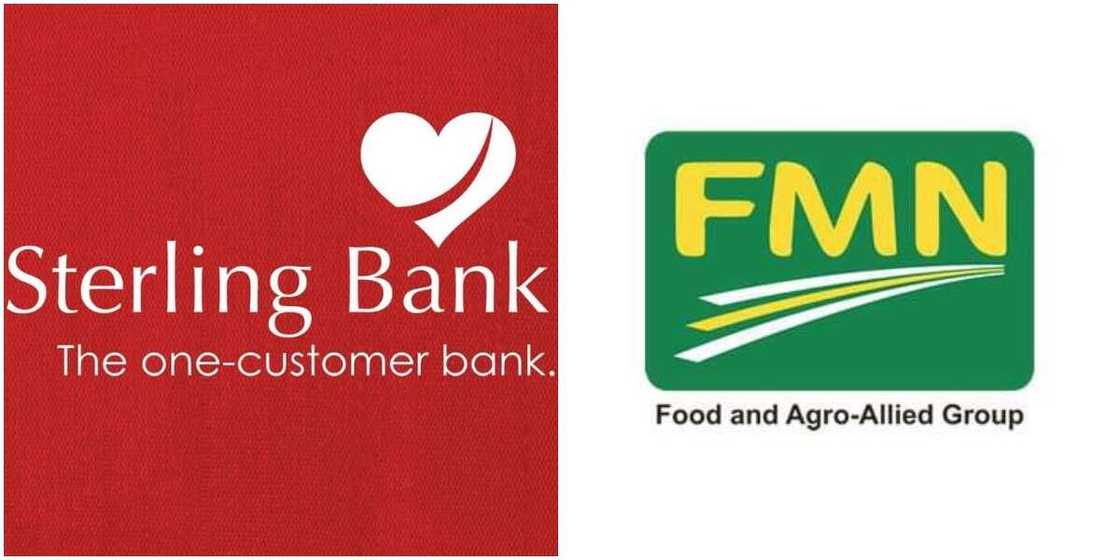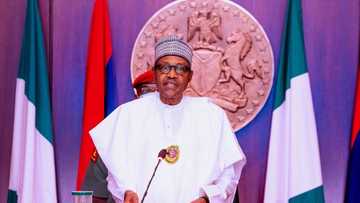Two 1960 Companies Still Operating 61 Years After, and the One That Sold Nigeria for £865,000
- Two companies, NFM and Nigeria Acceptances Limited were born the same year the United Kingdom decided to exit Nigeria, and enable the country to become independent
- The companies established in 1960 are now publicly traded firms, and they are both worth a combined N161 billion in market cap
- Nigeria was sold by a British company, RNC, which is still in existence today, receiving £865,000 for handing over the country
PAY ATTENTION: Click “See First” under the “Following” tab to see Legit.ng News on your Facebook News Feed!
Let's take a walk through memory lane as Nigeria prepares to celebrate its 61 years of existence as an independent country in Africa, where it has the largest economy.
If you were born in 1960 or the following years of the independence day, you probably won't know there are not even a handful of companies established during the same year still in existence to date.

Read also
Exercise Books, Textbooks, other Print materials to Become more Costly as Cost of Paper Imports hit N1.23trn
One has merged and changed name, while the other has grown from a regional brand to a household name - and together, the two companies, one in the banking sector and the other in the industrial sector, are both worth over N161 billion in market capitalisation.

Source: Facebook
But this isn't the only flashback in this article, as you will be introduced to the company that sold Nigeria and now selling tea and soap to you.
PAY ATTENTION: Subscribe to Digital Talk newsletter to receive must-know business stories and succeed BIG!
Flour Mills of Nigeria
Although it started operation in 1992, Flour Mills of Nigeria was established in 1960 by George S. Coumantaros. The company is an agro-food firm is famous for producing Golden Penny brands.
In its 61-years of its existence, Flour Mills of Nigeria has acquired two companies, Northern Nigeria Flours Mills in 1975, and acquired an interest in Niger Mills of Calabar.
It also has thirteen subsidiaries under its belt, with the most popular being the Golden Penny products and the Nigerian Bag Manufacturing Company.
It's also involved in the cement business as well, with these 13 ventures putting its market capitalisation value at N119.32 billion.
Nigeria Acceptances Limited
Sterling Bank started operation as Nigeria Acceptances Limited (NAL) when it was incorporated in 1960, but not until nine years later did it become the first merchant bank in Nigeria.
Just as its name has gone through many changes, so has its ownership, with the Military taking over through the indigenization decree of 1972.
Between 1974 to 1992, the lender was, however, managed alongside Grindlays Bank Limited, Continental International Finance Company Illinois and American Express Bank Limited, until it went public on the Nigeria Stock Exchange (NSE) and privatised.
NAL became Sterling Bank fourteen years after following the merger involving Magnum Trust Bank, NBM Bank, Trust Bank of Africa and Indo-Nigeria Merchant Bank (INMB). It acquired Equatorial Trust Bank in 2011.
Sterling Bank is now worth N42.32 billion on the Nigerian capital market as of September 27, 2021, and it is currently led by Abubakar Suleiman.
Notable mention

Read also
Nigeria's top four business leaders of post-independence are worth over N9trn - Obi Cubana makes notable list
Royal Niger Company
Royal Niger is probably the most important company in Nigeria's history. The company that sold the country is now producing tea, soap, and cosmetic products.
In order to better identify the British firm, it is important to note that it has gone through many transitions since it was first established in 1879 by George Goldie as the United African Company. Its name has been changed thrice so you might not know it is still in existence till today.
The company's name was previously known in 1881 as the National African Company before it settled with Royal Niger Company in 1886. The company is now known as Unilever today - yes, the producer of Lux, Vaseline, Knorr and Lipton
But before Royal Niger became Unilever, it made a business deal that birthed Nigeria, which was known as Niger River at the time in 1879. The territory was under the control of Royal Niger.
Following series of confrontations with local chiefs which resulted in deadly clashes, Royal Niger's charter was revoked, and it sold its business territory, Niger River (Nigeria) to Britain at the sum of £865,000.
Nigeria's Top Four Business Leaders of Post-independence are Worth Over N9trn; Obi Cubana Makes Notable List
As Nigeria prepares to celebrate its 61st Independence Day, there are some business leaders that need to be put under the spotlight having led post-independence economy development.
Aliko Dangote, Abdulsamad Rabiu, Obi Cubana are six of the business leaders that have changed the business environment within the country.
These businessmen and businesswomen are worth over N9 trillion combined wealth which cut across cement business, nightclubs, oil money and more.
Source: Legit.ng




